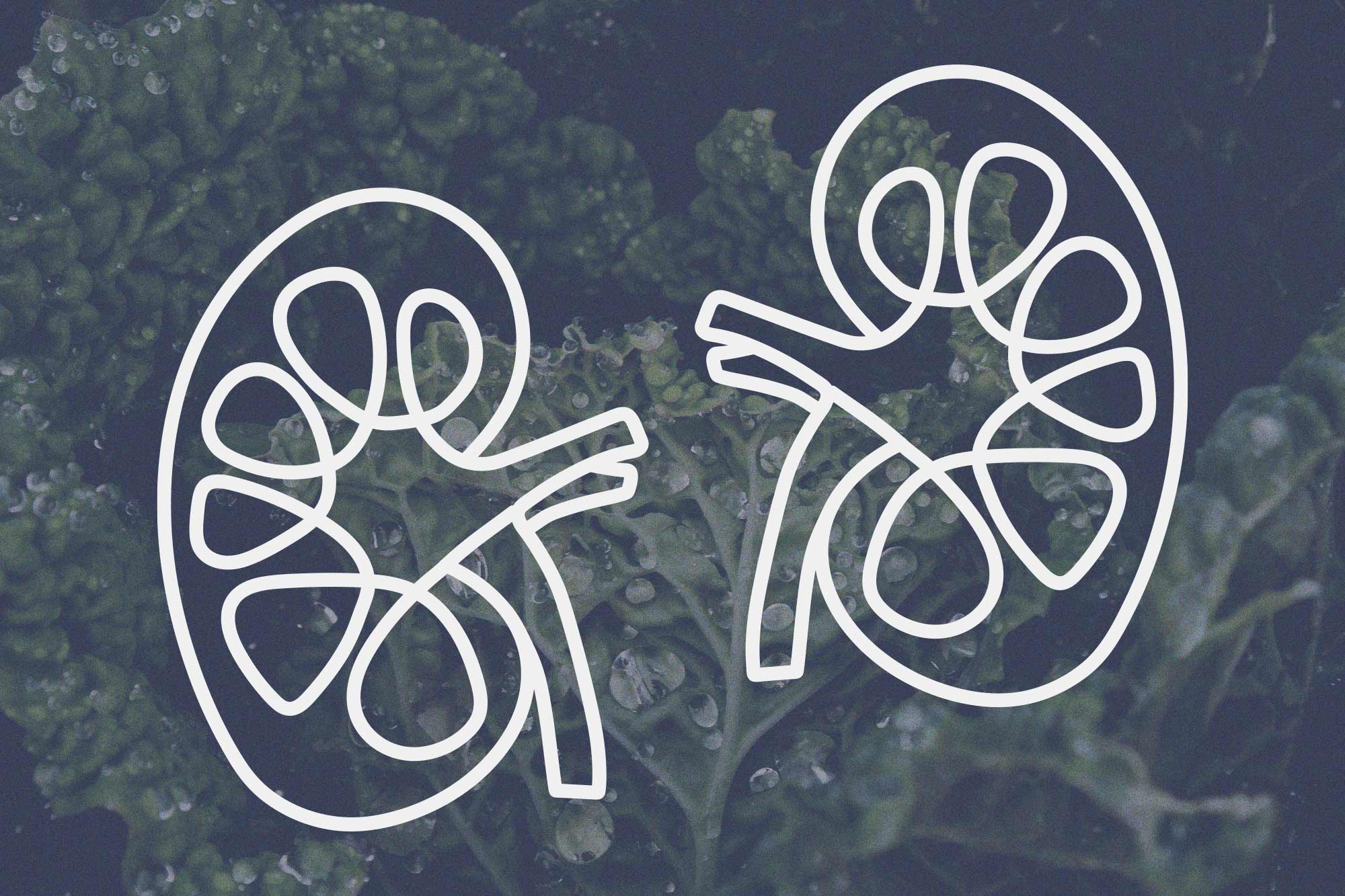It turns out your parents were right: You should eat more fruits and vegetables.
University of Virginia School of Medicine researchers found that adults with chronic kidney disease generally ate fewer fruits and vegetables than adults who did not have the disease.
The researchers analyzed data on eating patterns of fruits and vegetables from three cycles of the National Health and Nutrition Examination Survey conducted between 1988 and 2018. After adjusting for demographics, waist circumference and the presence of diabetes and high blood pressure among survey participants, the scientists found that patients with chronic kidney disease included fewer fruits and vegetables in their diets.
“Consuming more fruits and vegetables is strongly linked to health in many different diseases,” UVA Health kidney specialist Dr. Julia J. Scialla said. “We worry about overall health effects when we see patients with chronic kidney disease consuming low levels of fruits and vegetables.”
Better understanding the possible risk factors for chronic kidney disease is critical, as the condition is widespread among Americans and carries significant health risks. According to the U.S. Centers for Disease Control and Prevention, approximately 37 million American adults have chronic kidney disease, which occurs when the kidneys are damaged and are unable to effectively filter waste from a person’s blood, potentially leading to high blood pressure, heart disease and stroke.





